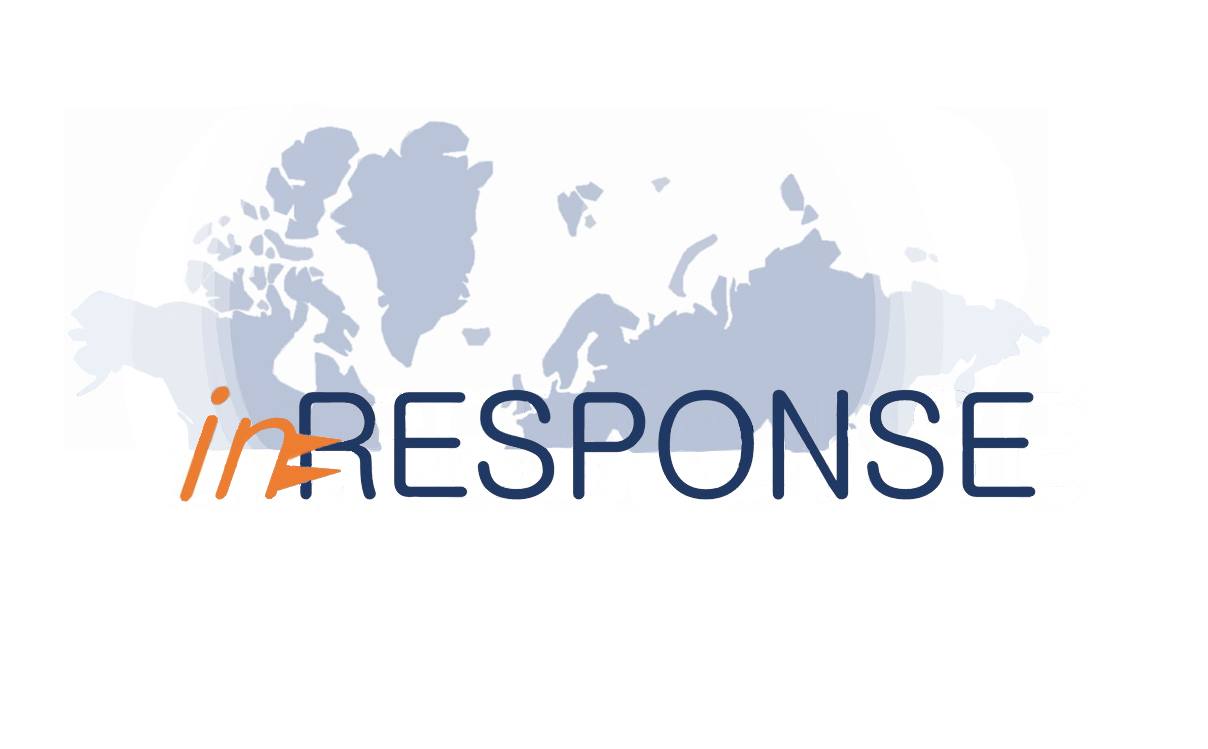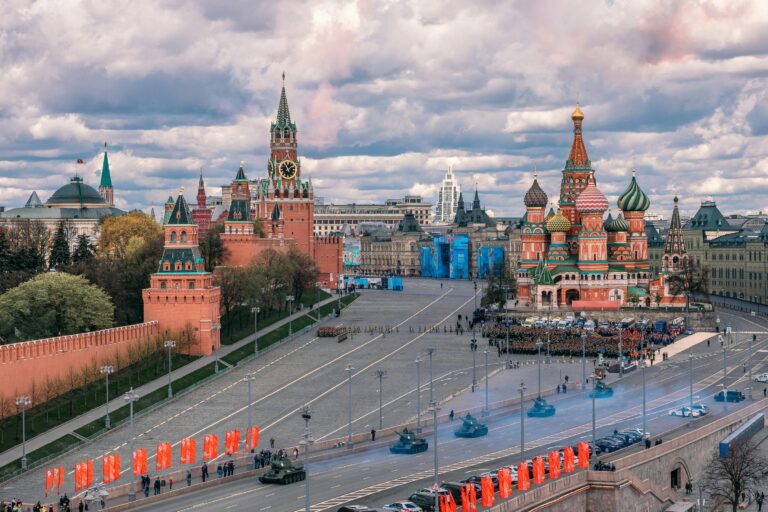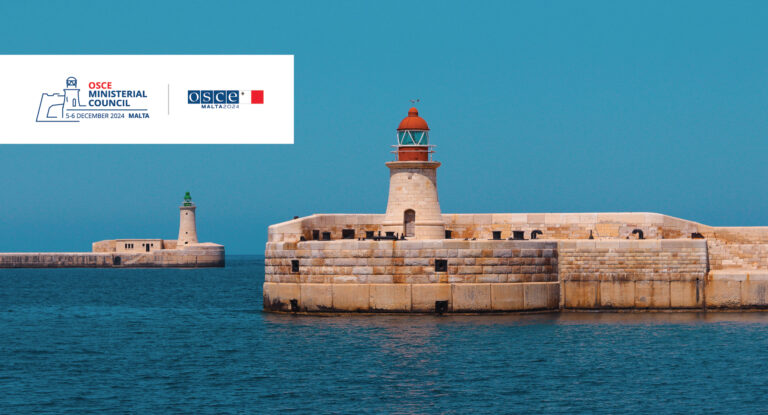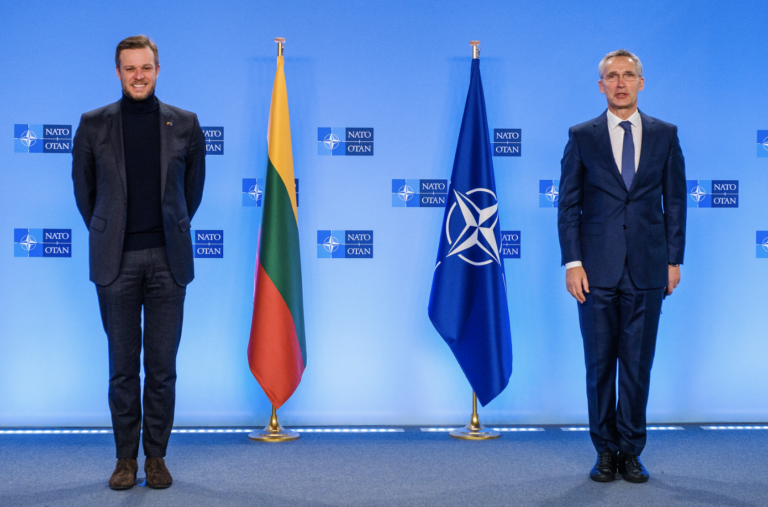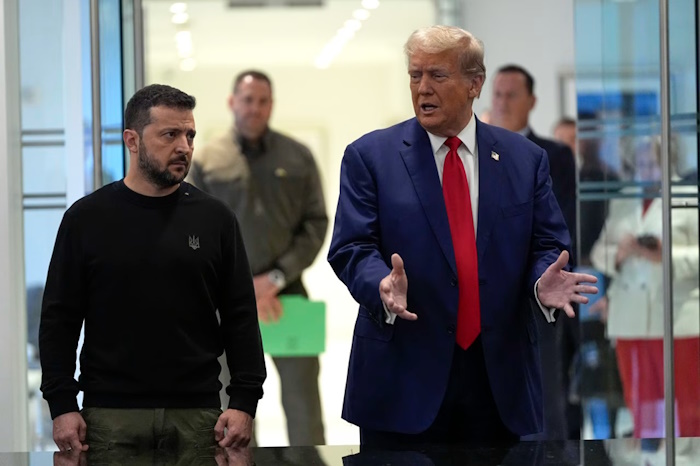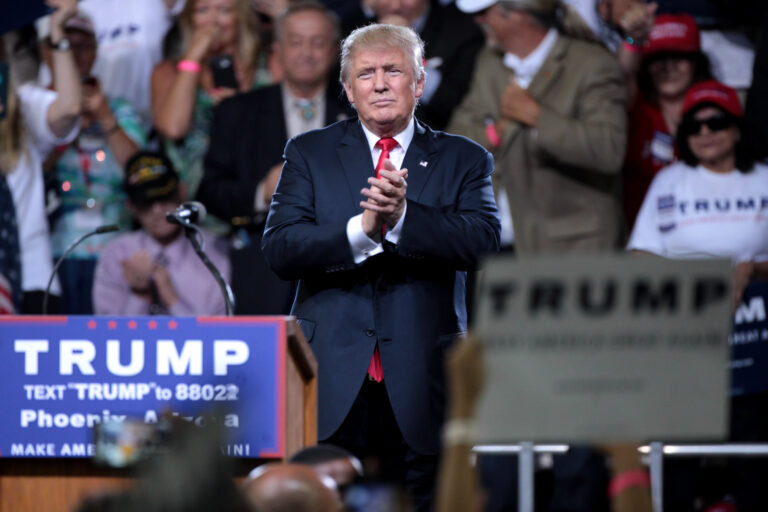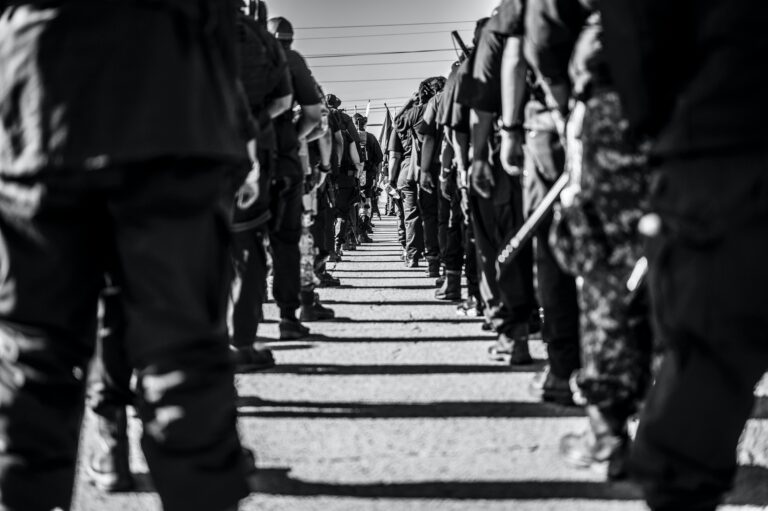The European Union (EU) and the North Atlantic Treaty Organization (NATO): Indispensable security institutions in the eyes of Ukrainians
by Francesca Leso, PhD Candidate at the Universitat Autonoma de Barcelona & inRESPONSE Researcher

When Russia invaded Ukraine at the dawn of February 24, 2022, one of the Kremlin’s main strategic goals was to secure Ukraine’s notorious ‘neutrality status’. Two years into the war, it would appear that Russia has achieved exactly the opposite. Public support for the Euro-Atlantic integration has indeed skyrocketed since February 2022 and, according to Rating Group, 78% and 77% would now vote in favour of the accession to the EU and NATO, respectively.

Figure 1. Support for EU and NATO accession in Ukraine. Source: Rating Group
Furthermore, support for the county’s accession to the EU and NATO now appears well-consolidated across all regions, ages and ethno-linguistic groups; therefore, at least for the time being, it is no longer a subject of much debate within Ukrainian society.


Figure 2. Support for EU and NATO accession across regions in Ukraine. Source: Kyiv International Sociology Institute. Please note that the source recognizes some limitations in surveying areas not currently under the control of Ukraine.
Not only has support for the Euro-Atlantic integration never been higher but accession to the EU and NATO is also seen as vital for the country’s security and future. According to the Kyiv International Institute of Sociology (KIIS), 82% believe that the future of Ukraine as a free and prosperous country depends on becoming a member of the European Union. Similarly, KIIS found that a majority of people (58%) are of the opinion that only NATO membership – not other forms of security guarantees – can ensure the security of Ukraine. As a consequence, most Ukrainians consider accession to both institutions as an indispensable goal. Abandoning the prospect of joining the EU and NATO is indeed viewed as an unacceptable price for peace by substantial majorities of the polled population.
People also appear optimistic over Ukraine’s future in Euro-Atlantic institutions with the majority being confident that Ukraine will be a member of both the EU and NATO by 2030. However, as time passes, they also came to realize that accession into these institutions will likely be more tortuous and lengthier than initially anticipated. During the latest summit, NATO members reaffirmed that ‘Ukraine’s future is in NATO’ and agreed on closer cooperation. However, they fell short of setting a clear timeframe and pathway for the country’s accession to the alliance, much to the dismay of Ukrainian President Volodymyr Zelenskyy. Similarly, while the EU granted Ukraine candidate status in just a few months into the war and agreed to open negotiations at the end of last year, it also made clear that there will be no shortcuts on the way to EU membership.

| Estimated timeframe for Ukraine’s EU membership among Ukrainian public. Source: National Democratic Institute*Among those (83%) that believe that Ukraine will join the EU by 2030 |
Furthermore, given the widespread assumption that EU and NATO membership remain elusive as long as the war persists, public concern about the adequacy of Western wartime aid has notably increased. As the conflict enters its third year, Western countries are increasingly struggling to provide the predicable long-term assistance required to meet Kyiv’s security needs. The EU has struggled to secure its multiannual financial and military assistance packages, and the US Congress reached a stalemate over the latest aid bill for Ukraine. While most Ukrainians remain confident of victory, opposed to territorial compromises, and convinced that with proper support Ukraine can succeed, there is growing concern over the commitment level of Western partners. KIIS found that 49% of Ukrainians believe the West is sincerely committed to Ukraine and to ending the war on terms acceptable to the latter. However, a substantial portion of society, 44%, now perceives a ‘Ukraine-fatigue’ among Western states, potentially pushing Kyiv to make concessions to Russia. Back in September 2022, only 15% held this opinion.
The war has thwarted Russia’s attempt to impose its geopolitical vision on Ukraine, instead strengthening Ukrainians’ aspirations for a Euro-Atlantic future. But it takes two to tango. As the war enters its third year, Ukrainians remain resolute about their envisioned future. However, mounting concerns are emerging that Western partners might not share the same level of commitment to this vision. While the Kremlin has fully invested its country into this war, there is growing fear in Ukraine that the West might not be as ‘involved’ in Ukraine’s future as Russia is.
The views, thoughts, and opinions expressed in the blog posts belong solely to the authors, and are not necessarily representative of the Institut Barcelona d’Estudis Internacionals (IBEI) nor the Spanish Ministry of Science and Innovation. The content provided through our blogs is for informational purposes only. Readers are encouraged to consider the context and research behind the viewpoints shared within each blog post.
